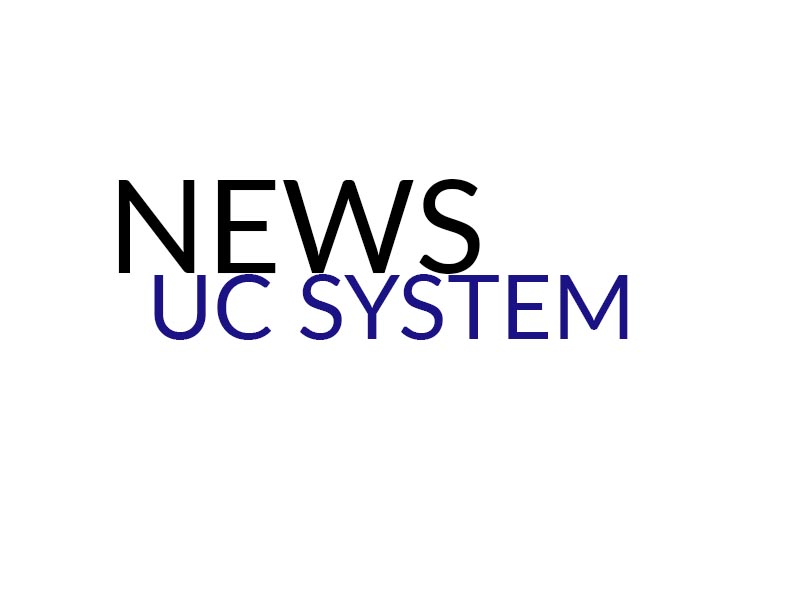University of California President Janet Napolitano and Gov. Jerry Brown reached an agreement to provide the university with additional revenue and freeze tuition through the next school year. Napolitano announced the agreement last Thursday and will present it to the UC Board of Regents on May 21.
Starting with the 2017–18 school year, the UC system’s tuition will increase annually by at least the rate of inflation. The deal also mandates a 4-percent base budget increase for the next four years and grants $436 million over three years for University of California’s pension obligation, $25 million for deferred maintenance and $25 million to support energy efficiency.
Lastly, the agreement allows the UC Regents to authorize the UC system to increase nonresident supplemental tuition by up to 8 percent annually. The components of the deal will be included in the governor’s revised state budget proposal, which must be finalized by next month.
UCSD’s A.S. External Vice President Allyson Osorio thinks that the deal lacks any new benefits for the University of California’s graduate and professional students.
“Graduate students and professional students are not taken into consideration when it comes to this announcement, so this affects certain students differently,” Osorio said. “They are the backbone of [the UC system], and I think many seem to recognize that.”
In addition, the UC system will also continue or expand efforts to ensure that at least a third of its student population are transfers, create clear pathways to a three-way undergraduate degree, eliminate course bottlenecks and improve academic advising.
UC Office of the President’s media specialist Shelly Meron told the UCSD Guardian that, while the agreement solves the University of California’s tuition issues for the foreseeable future, it does not account for planned increases in resident student enrollment.
“While the framework meets the regents’ goals of providing budget stability and predictability, it does not allocate funds for the UC [system’s] priority of boosting enrollment of California students,” Meron said. “The [UC system] has been working with legislative leadership on ways to enroll more such students, a critical need given the continuing demand and the predicted shortage of highly skilled workers in the state.”
Osorio also called the deal a step in the right direction. However, she believes that the UC system still needs to formulate a comprehensive, long-term solution for its students.
“I know many students are happy and excited, as they should be, yet it is always important to remember that this is a temporary fix,” Osorio told the Guardian. “The UC [system] and the state of California together need to find long term solutions for its undergraduates, graduate and professional students in the state of California.”
Additionally, according to the Los Angeles Times, California State University system officials are disappointed that the governor’s budget did not include their full request for the 23-campus system. President pro tempore of the California Senate Kevin de Leon agrees that the deal lacks solutions for California State University students.
“We are pleased UC students and their families will avoid paying higher tuition next year,” de Leon told the Los Angeles Times. “But [the CSU system], the workhorse of our higher education system, has been shortchanged.”








